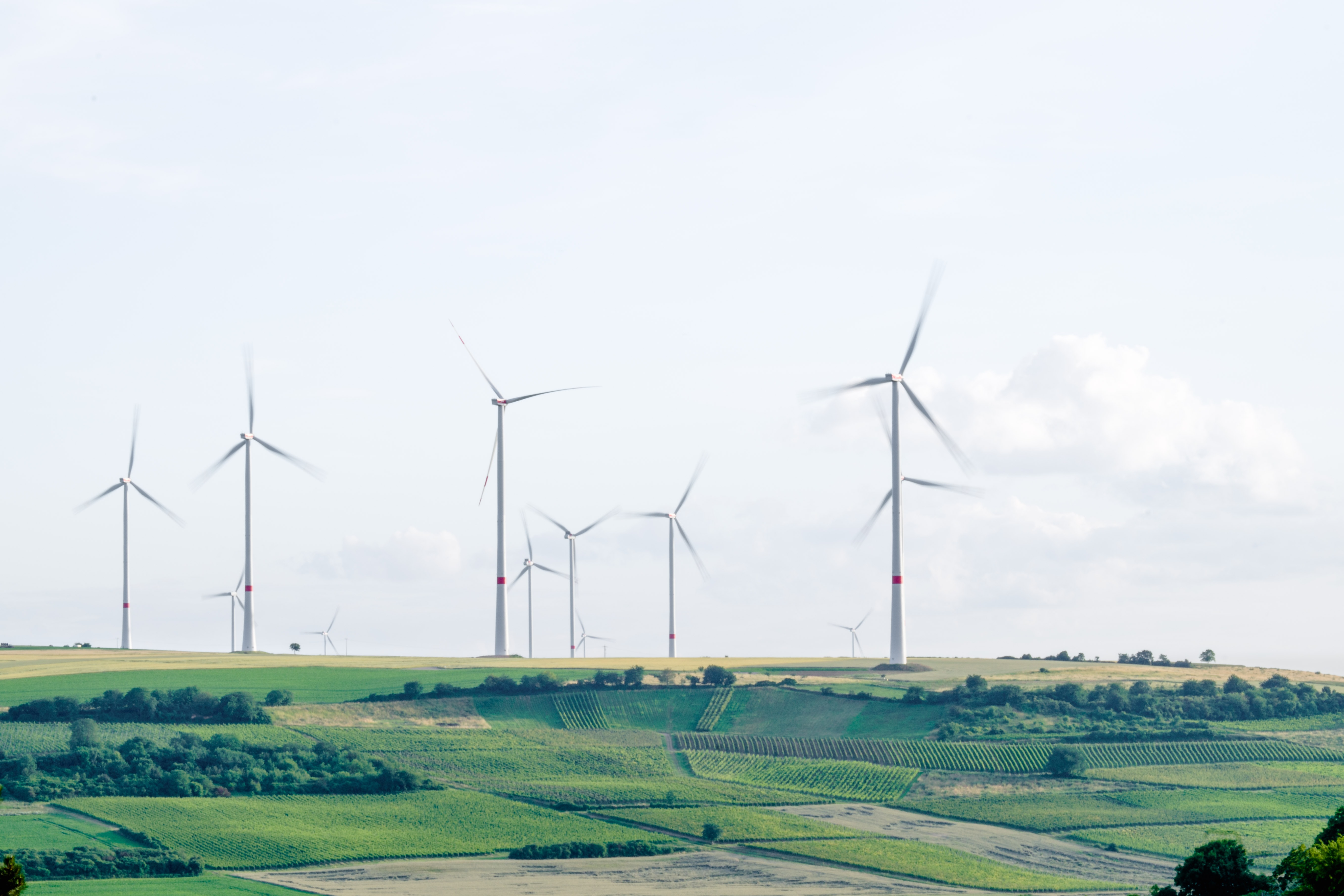Environmental Sustainability
The current economic system is far from being perfect. Millions of people worldwide struggle because of poverty; the environment is more polluted than ever. Does that mean that capitalism failed the majority in favor of the 1%? Do we need a radical change to move the needle and finally experience positive change? Participatory economics might be a feasible solution that would positively impact the dire state of the environment.
Sustainability is known as one of the core principles of parecon, defined as "protecting and nurturing our natural environment." In other words, it is our direct duty to preserve the environment for future generations to come. Robin Hahnel mentions the need to use scarce products efficiently to preserve them for as long as possible. The critics of capitalism claim that the current economic model forces us to use up all the precious resources, a process that we will not be able to reverse.
The sea levels keep rising
Environmentalists estimate that around 200 million people will have to leave their homes by 2100 on account of seawater levels. Losing a great deal of land, natural resources will become even more scarce.

The freshwater crisis
Only 3% of the world's water is freshwater. Moreover, we only have access to a quarter of the available amount. The International Water Management Institute warns about upcoming water shortages. The principles of participatory economics would dictate finding alternative solutions for the areas that may be affected beforehand. In an attempt to preserve the local ecosystem and prevent mass migration, timing is crucial.
Crop production comes at a high cost
More than 10% of the land worldwide is reserved to crop production. The food industry as a whole requires more resources, especially energy. Fossil fuel is by far not the most eco-friendly option, yet it is highly used. In effect, the issue of the greenhouse effect is getting more and more alarming.
According to the participatory economics model, the entire world would conscientiously adopt measures of energy efficiency. A low-carbon economy that uses renewable energy sources is a model that would help humanity thrive from a financial standpoint while also slowing down our detrimental effect on the environment. To begin seeing positive change, we need the active implication and commitment of businesses. Corporate responsibility comes at a price. It would sacrifice the time stakeholders get the return on their investment in exchange for social responsibility. If we divide the responsibility among all businesses, their losses will not prevent them from functioning and allow everybody to contribute to the common goal. Sadly, companies pay little to no attention to the impact of their business on the environment, and the missing data on climate risks in financial reporting is not yet viewed as necessary. The conclusion here is that we have a long way to go in terms of corporate responsibility.
To some extent, participatory economics overlaps with environmental economics. After all, they are both concerned about using economic resources directed toward improving the environmental disasters we are currently facing.